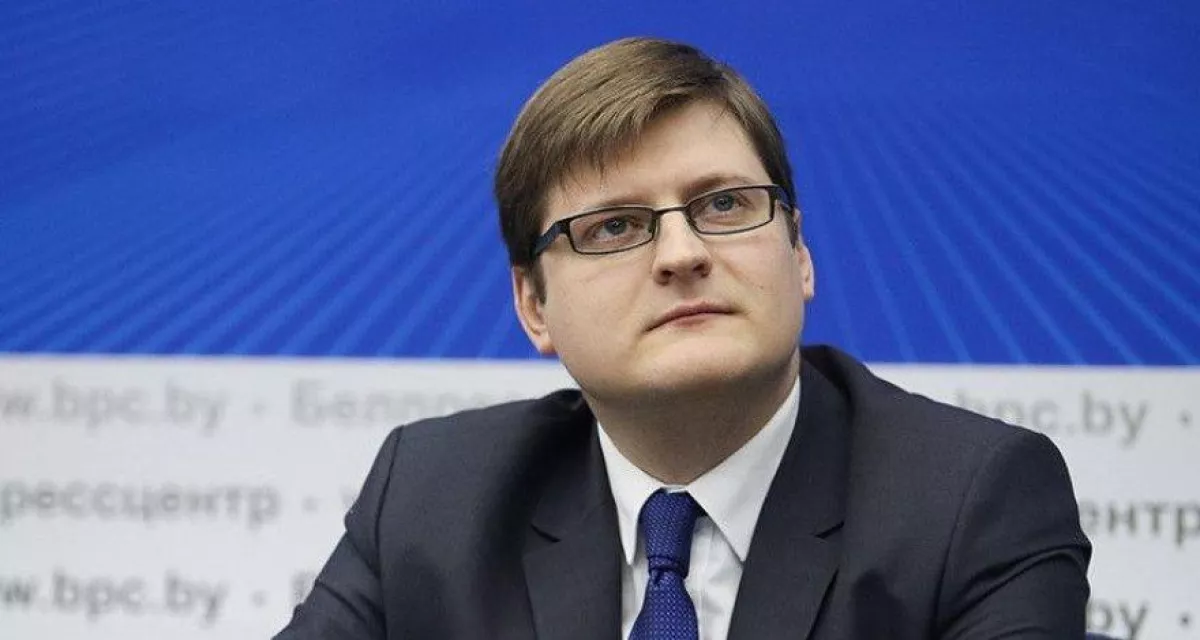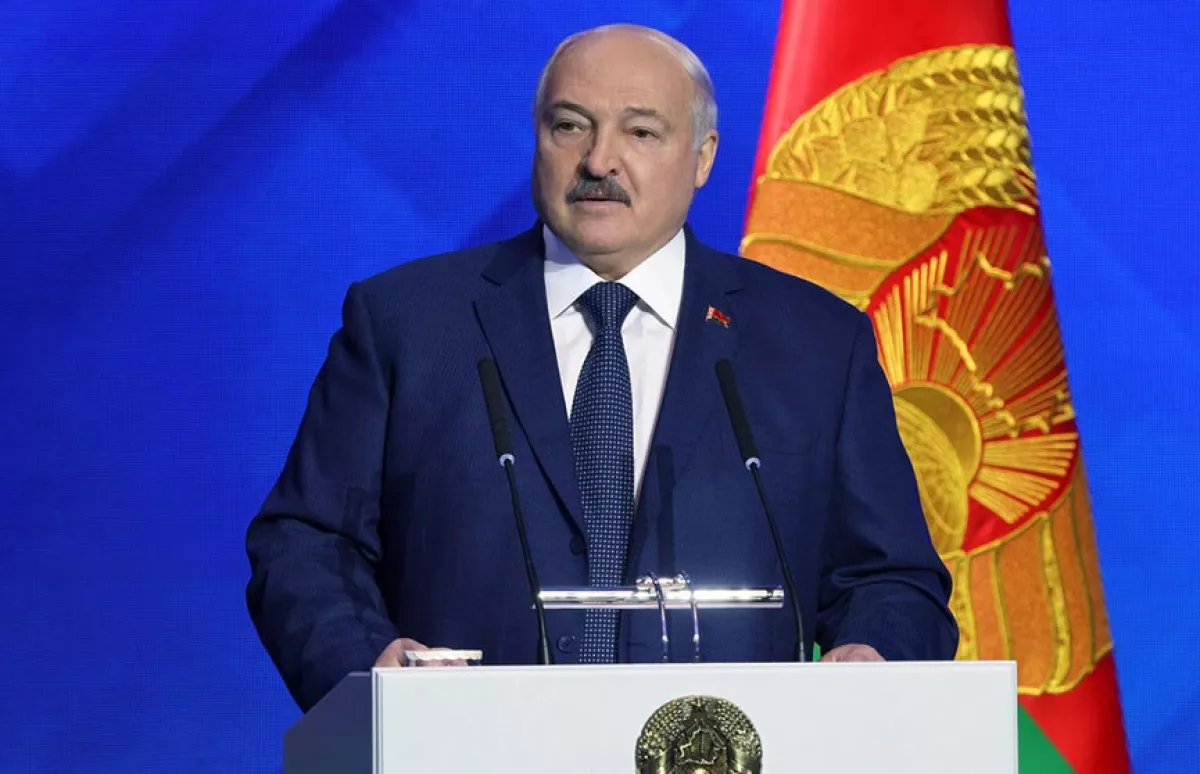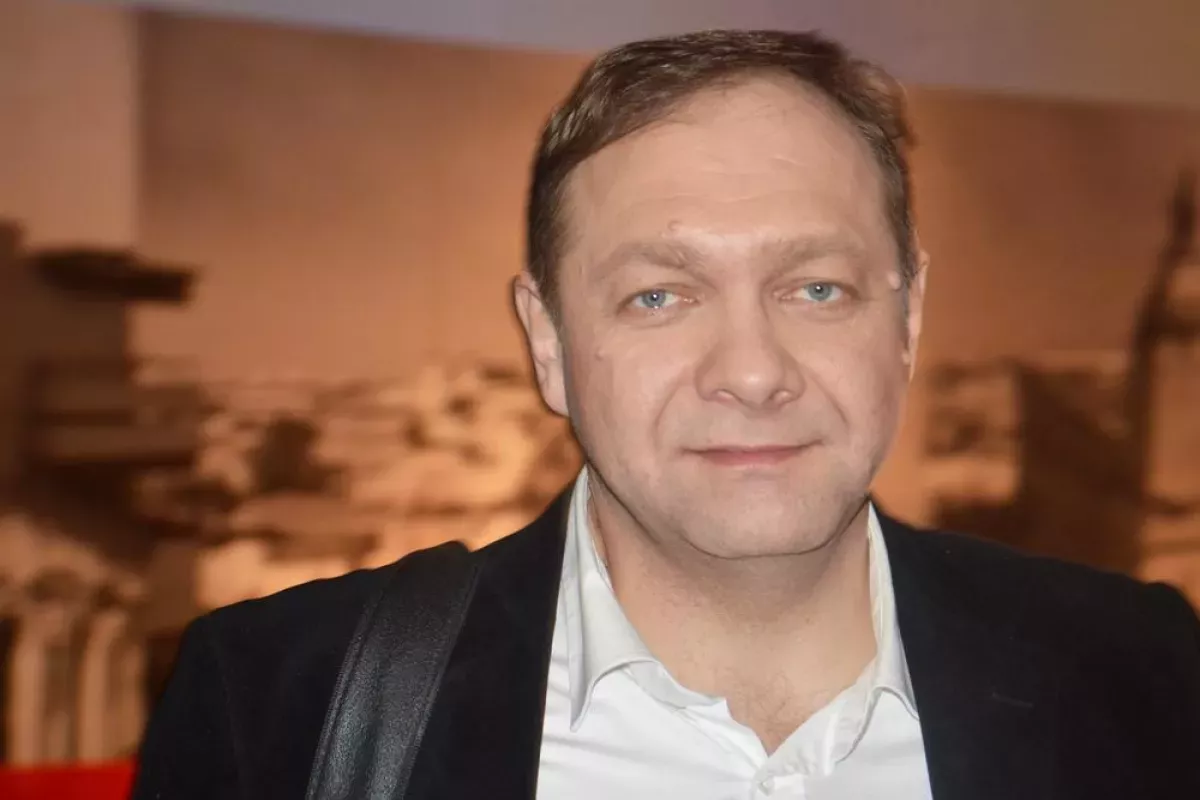Key highlights from Minsk Conference on Eurasian Security Expert insights
The II Minsk International Conference on Eurasian Security made a significant impact with its scale and diverse participation. Gathering approximately 600 attendees from 45 countries, the conference attracted a notable array of high-ranking officials and independent experts from both the Eurasian region and Western nations. The event was marked by many significant statements and focused on pressing security issues, including potential solutions to military conflicts in Ukraine, the Middle East, and other global hotspots.
The conference's primary objective, as outlined by the organizers, was to foster an open and inclusive dialogue on the future of Eurasian security amid a crisis in the existing global order, chronic military-political tensions among key players, and a near-total lack of communication between them.
A Caliber.Az correspondent reached out to Belarusian experts to highlight the most important points raised during the conference in Minsk.
Political analyst and expert at the Northern Eurasia Integration Studies Centre, Pyotr Petrovsky, explained that the Minsk conference consists of several components. One segment features representatives from the diplomatic corps and international organizations, while another is divided into sections that include brainstorming sessions focused on security issues and exploring pathways to establish a new system of international relations.

"What stood out about this year’s Minsk Conference on Security compared to last year? It has significantly expanded in size, with many guests from the U.S., Europe, China, and Southeast Asian countries. In my opinion, the most memorable moment was the speech delivered by the President of Belarus, as he shared some of his insights and previously undisclosed confidential information, particularly regarding the resolution of the Russia-Ukraine conflict. To summarize, the key message from Lukashenko on this issue was that the West is growing weary of this war but is unsure how to exit it without losing face.

The second key point is that the old system of international relations is no longer effective and requires profound transformation, necessitating the search for viable methods of deterrence and counterbalance that address contemporary challenges and threats. The vibrant speeches by Serbian Deputy Prime Minister Aleksandar Vulin and Hungarian Foreign Minister Péter Szijjártó stood out, representing countries from a completely different bloc of international relations. Serbia's main message was that Western countries do not respect sovereignty and independence, emphasizing the need to strengthen Eurasian centres of power to protect their interests and borders. Szijjártó echoed this sentiment, calling for the defence of sovereignty despite various pressures and stating that Hungary would cooperate with all nations, prioritizing its national interests.
A Chinese representative articulated Beijing's approach to forming a new global security system, urging the demonstration of tangible results, such as de-escalation between Iran and Saudi Arabia. He also expressed China's willingness to engage in discussions regarding Ukraine, particularly through the ‘Friends of Peace’ platform promoted by China.
Meanwhile, Russian Foreign Minister Sergey Lavrov, addressing the Russia-Ukraine conflict, emphasized that Moscow is open to negotiations, but the question remains whether the West is willing to engage. The overarching message from these speeches is that there are currently 50 countries in the collective West facing off against what is termed the ‘global majority,’ which seeks a fairer international order. This moment is witnessing the institutionalization of these dynamics from the global majority, as evidenced by the significant increase in the worldwide influence and scope of organizations like the Shanghai Cooperation Organization (SCO) and BRICS," the expert concluded.
According to Pyotr Petrovsky, Azerbaijan participated in the section titled "Building Trust and Security in Eurasia," with MP Gulshan Pashayeva representing Baku's perspective. Alongside her, representatives from Switzerland, the United Kingdom, Vietnam, India, Russia, and other countries also spoke in this segment of the conference.
"I believe Azerbaijan is extremely interested in implementing the continental security program discussed in Minsk. Azerbaijan aims to ensure its sovereignty and territorial integrity not through military means and constant tension, but through diplomatic methods and transparent rules that apply equally to all parties. The West speaks of rules but often fails to adhere to them. Our conference is designed to develop objective, universally understood security protocols. Azerbaijan’s participation in this crucial section highlights that Baku is determined to actively address these issues," Petrovsky stated.

Furthermore, Professor Kirill Koktysh from the Moscow State Institute of International Relations (MGIMO), an expert on the policy of the Union State, believes that the Minsk conference is significantly different from another highly publicized international event—the Munich Security Conference.
"In Munich, the rules of the game are set by the world hegemons, whereas the Minsk conference was much more democratic. Everyone listened to each other, expressed their concerns, and sought to understand the issues faced by each participant before attempting to identify methods for addressing these challenges. The discussions were very practical and focused, devoid of empty rhetoric and populism. It became clear that Minsk is capable of hosting a remarkably successful conference, indicating that Belarus is evolving into a significant regional player. In drawing parallels to the south, Belarus can be compared to Azerbaijan, a completely non-hostile player, where development occurs not at the expense of others but through the preservation of its own sovereignty and its practical implementation in action," the political scientist emphasized.
When discussing Armenia, which currently poses a threat to Eurasian security by actively collaborating with the West in military matters, the expert believes it is no longer appropriate to speak of a sovereign Armenia.
"For me, a key indicator is Pashinyan's call to abandon the Armenian brandy label. This alone suggests certain dependencies of the Armenian leadership that the West seems to control. As for the personal relationship between Lukashenko and Pashinyan, especially in light of Pashinyan's well-known statements from June, I don't think there is significant tension between them. Lukashenko has approached Yerevan's provocations with a rather lenient and philosophical attitude," Koktysh concluded.








